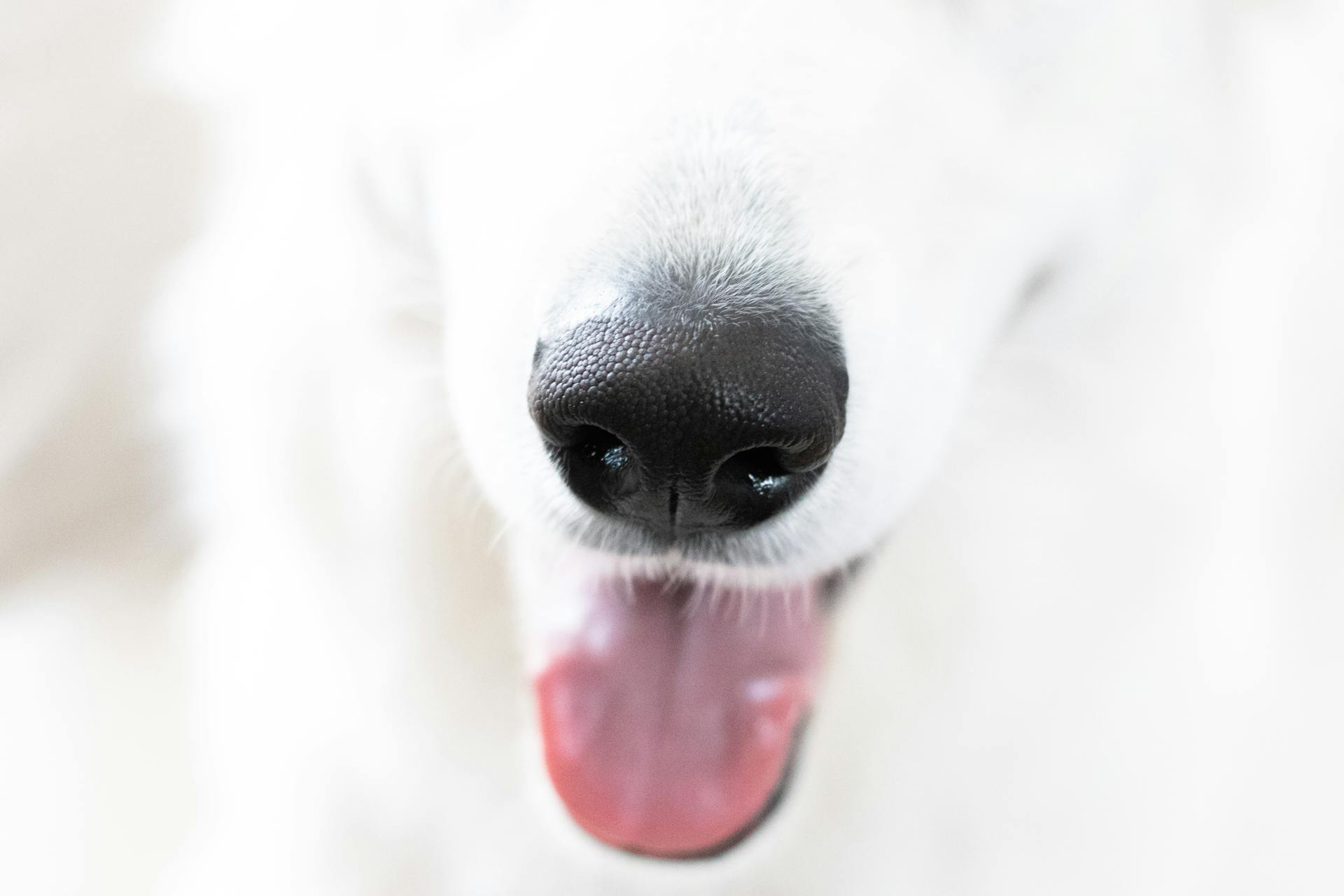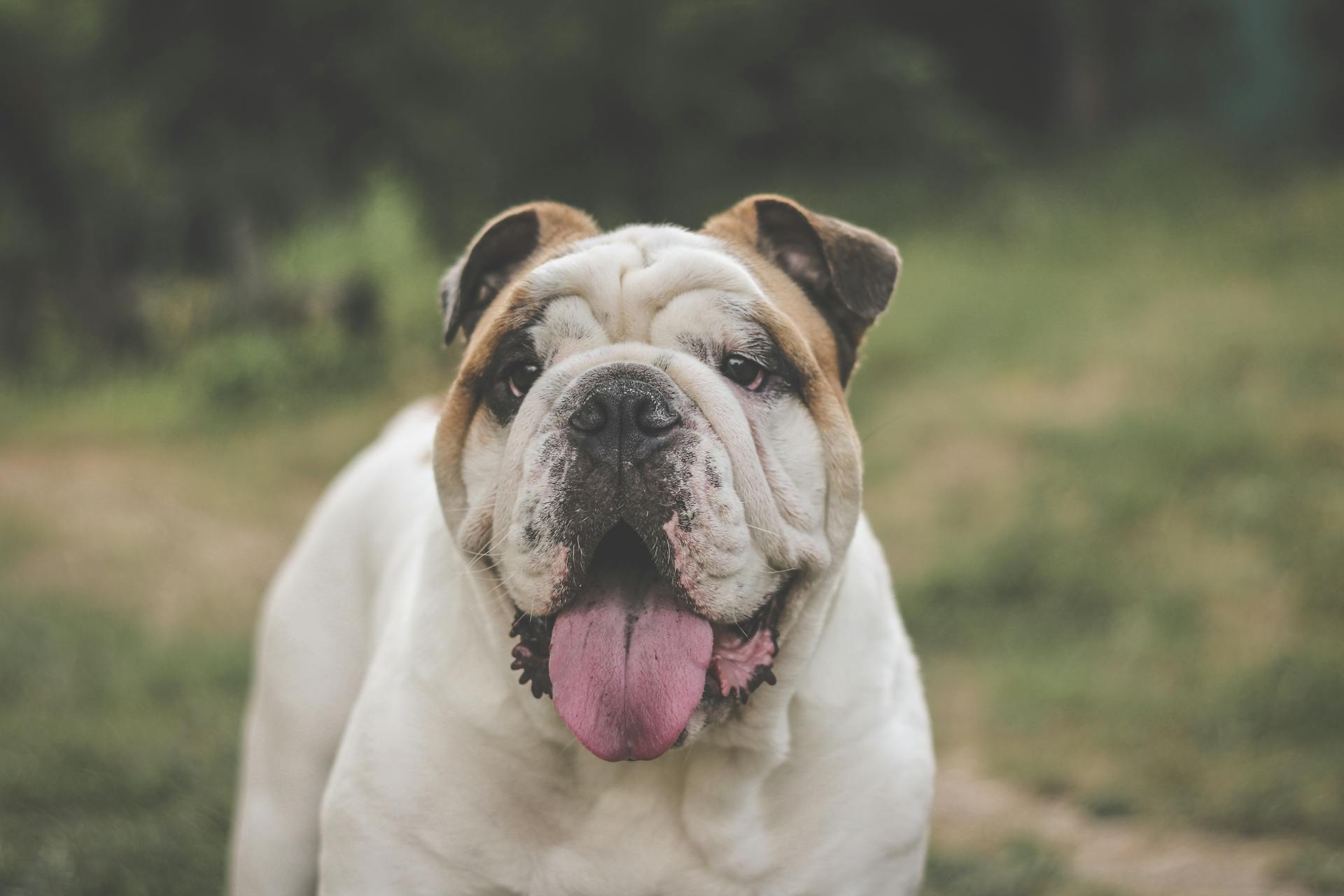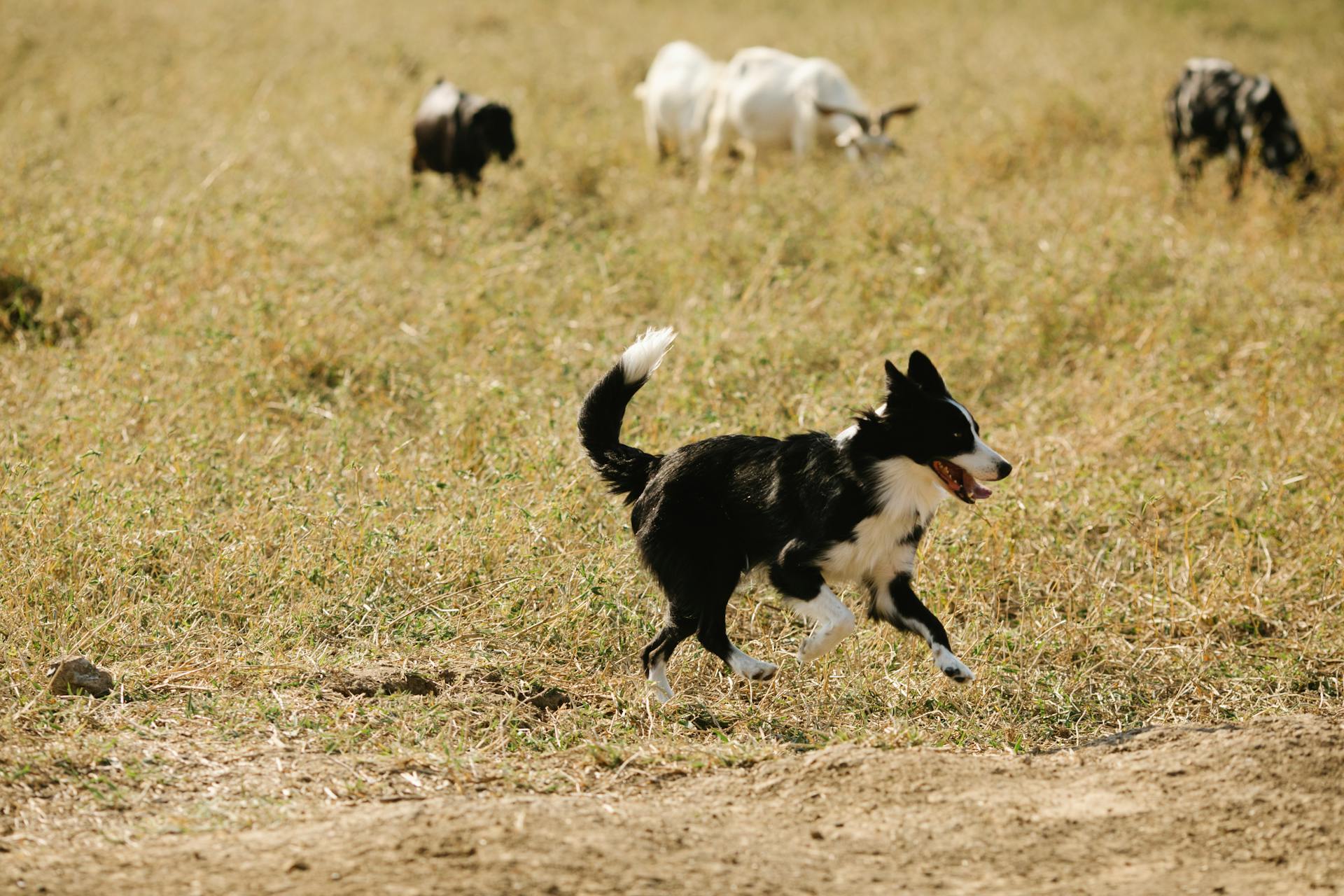
Kennel cough is a highly contagious and common canine respiratory disease that affects dogs of all ages and breeds. It's often spread through the air when an infected dog coughs, barks, or sneezes.
The most common causes of kennel cough are the bacteria Bordetella bronchiseptica and the virus canine parainfluenza virus, which can also be caused by a combination of these pathogens.
Infectious agents like these can be spread through close contact with an infected dog, contaminated surfaces, and even through the air.
Suggestion: How Common Is Pyometra in Dogs
Canine Respiratory Illness Precautions
Vaccinate your dog as recommended by your veterinarian, including vaccinations for canine influenza, Bordetella, parainfluenza, and canine adenovirus type 2.
Avoid communal water bowls and toys, and clean these items thoroughly. This is especially important because some CIRDC-associated organisms can survive in the environment for weeks.
Avoid playdates with unknown dogs, and instead consider creating a playgroup of known dogs that are also vaccinated. This will help reduce the risk of your dog catching CIRDC.
If your dog is sick, keep them at home and seek veterinary care, including PCR testing to help determine the cause. This will help prevent the spread of the illness to other dogs.
Here are some additional precautions you can take to protect your dog against CIRDC:
- Remember, dogs can be contagious and still look perfectly healthy.
- Keep your dog away from toys and food and water bowls used by dogs outside your household.
- Stay informed by asking your veterinarian or checking news or internet resources about places or geographic regions where CIRDC, or more specific respiratory infections like canine influenza, have been reported.
- Delay or avoid travel with your dog to places where outbreaks are occurring.
What to Do
If your dog has kennel cough, it's essential to keep them isolated from other dogs to prevent the spread of the infection.
Kennel cough is highly contagious, so taking steps to prevent its spread is crucial. This includes keeping your dog away from other dogs, especially those with weakened immune systems.
You can give your dog plenty of love and attention while they're recovering, but make sure to do so in a way that prevents the spread of the infection.
According to the Centers for Disease Control and Prevention (CDC), the most common symptom of kennel cough is a persistent cough, which can last for several weeks.
On a similar theme: Why Is My Female Dog Shedding so Much
To help your dog feel more comfortable, you can try giving them plenty of water and a nutritious diet to support their recovery.
The American Kennel Club recommends administering antibiotics to dogs with kennel cough, especially if they're showing signs of pneumonia or another secondary infection.
Rest is also crucial for your dog's recovery, so try to minimize their stress and provide a quiet, comfortable space for them to rest.
Causes and Spread
CIRDC can spread rapidly in multiple-dog settings, making it a challenge to control.
Dogs can catch CIRDC through close or direct contact with infected dogs, breathing in cough or sneeze droplets, and exposure to contaminated items like toys, bedding, and water bowls.
The risk of infection is especially high when dogs are in close contact with other infected dogs for long periods of time.
Some CIRDC-associated organisms can survive in the environment for weeks, making it harder to control the spread of infection.
Infected dogs can spread the disease even before showing signs, which is why it's essential to take precautions to prevent the spread of CIRDC.
Suggestion: How Fast Does Kennel Cough Spread
Contributing Organisms
Several organisms can contribute to Canine Infectious Respiratory Disease Complex (CIRDC). Canine parainfluenza virus, canine adenovirus type 2, and canine influenza virus (subtypes H3N2 and H3N8) are just a few examples.
Canine distemper virus, canine herpesvirus-1, and canine respiratory coronavirus are also potential contributors. These viruses can cause a range of symptoms, from mild to severe.
Some bacteria, like Bordetella bronchiseptica, can also contribute to CIRDC. This bacterium is often associated with kennel cough.
The following organisms have been linked to CIRDC:
- Canine parainfluenza virus*
- Canine adenovirus type 2*
- Canine influenza virus (subtypes H3N2 and H3N8)**
- Canine distemper virus*
- Bordetella bronchiseptica**
It's worth noting that protection against some of these organisms is available through standard vaccines.
How CIRDC Is Spread
CIRDC is a highly contagious disease that can spread rapidly in multiple-dog settings. Dogs can catch it through close or direct contact with infected dogs, such as licking or nuzzling.
The risk of infection is especially high when dogs are in close contact with other infected dogs for long periods of time. This is why it's crucial to keep infected dogs away from other dogs until they're fully recovered.
Dogs can also catch CIRDC by breathing in cough or sneeze droplets from infected dogs. Additionally, they can be exposed to droplet-contaminated items like toys, bedding, people's hands, or water bowls.
Some CIRDC-associated organisms are quite hardy and can survive in the environment for weeks, making it even more challenging to control the spread of infection.
Symptoms and Diagnosis
Symptoms of kennel cough can be concerning, but knowing what to look out for can help you get your furry friend the care they need. If your dog has a cough that won't quit and other respiratory symptoms, it's recommended that you contact a veterinarian right away.
Dogs with kennel cough may exhibit a range of symptoms, including coughing, sneezing, and red, runny eyes. These symptoms can be similar to those of a viral illness, but testing has been negative for a virus.
Cantu-Schomus notes that the illnesses caused by kennel cough largely develop in three ways: as an inflammation of the tubes that connect the throat to the lungs, as chronic pneumonia, or as acute pneumonia that rapidly becomes severe.
Take a look at this: Can Kennel Cough Turn into Pneumonia
If your dog is experiencing difficulty breathing or stops eating, it could be a sign of a more serious problem and you should take them to a vet immediately.
Here are some common symptoms of canine respiratory infection:
- Coughing.
- Sneezing.
- Red, runny eyes.
It's worth noting that while many dogs will recover on their own, some may not respond as well or as quickly to standard care, and may require more aggressive treatment.
Current Situation
Cases of canine infectious respiratory disease complex (CIRDC) seem to be waning around most of the US and Canada.
Dr. Scott Weese posted on his Worms and Germs blog that cases of CIRDC are back to normal, as reported on 1.10.24.
There is no formal surveillance, so we rely on various data sources for information about CIRDC.
These data sources, including Dr. Weese's, suggest that there's nothing remarkable happening with regard to CIRDC right now.
Frequently Asked Questions
What is the fastest way to cure kennel cough?
Kennel cough recovery typically takes 1-3 weeks, but rest, hydration, and a nutritious diet can help speed up the process. Proper care can significantly reduce the duration and severity of kennel cough symptoms.
Is the new dog virus the same as kennel cough?
No, atypical canine infectious respiratory disease (aCIRD) is distinct from kennel cough, with dogs often experiencing prolonged coughing and potentially severe illness, including pneumonia. Learn more about the differences and symptoms of aCIRD.
Is there a kennel cough season?
Kennel cough can occur at any time, but it's more common during warmer months. While it's not limited to a specific season, understanding the risks can help you protect your pet.
Sources
- https://www.oregonvma.org/news/reports-of-severe-canine-infectious-respiratory-disease-in-oregon
- https://news.virginia.edu/content/qa-what-know-about-mysterious-dog-illness-sweeping-country
- https://www.nbcnews.com/health/health-news/mystery-dog-illness-respiratory-what-know-rcna125992
- https://www.nbcnews.com/health/health-news/mysterious-dog-illness-pet-research-vet-treatment-rcna127505
- https://www.avma.org/resources-tools/pet-owners/petcare/canine-infectious-respiratory-disease-complex-kennel-cough
Featured Images: pexels.com


